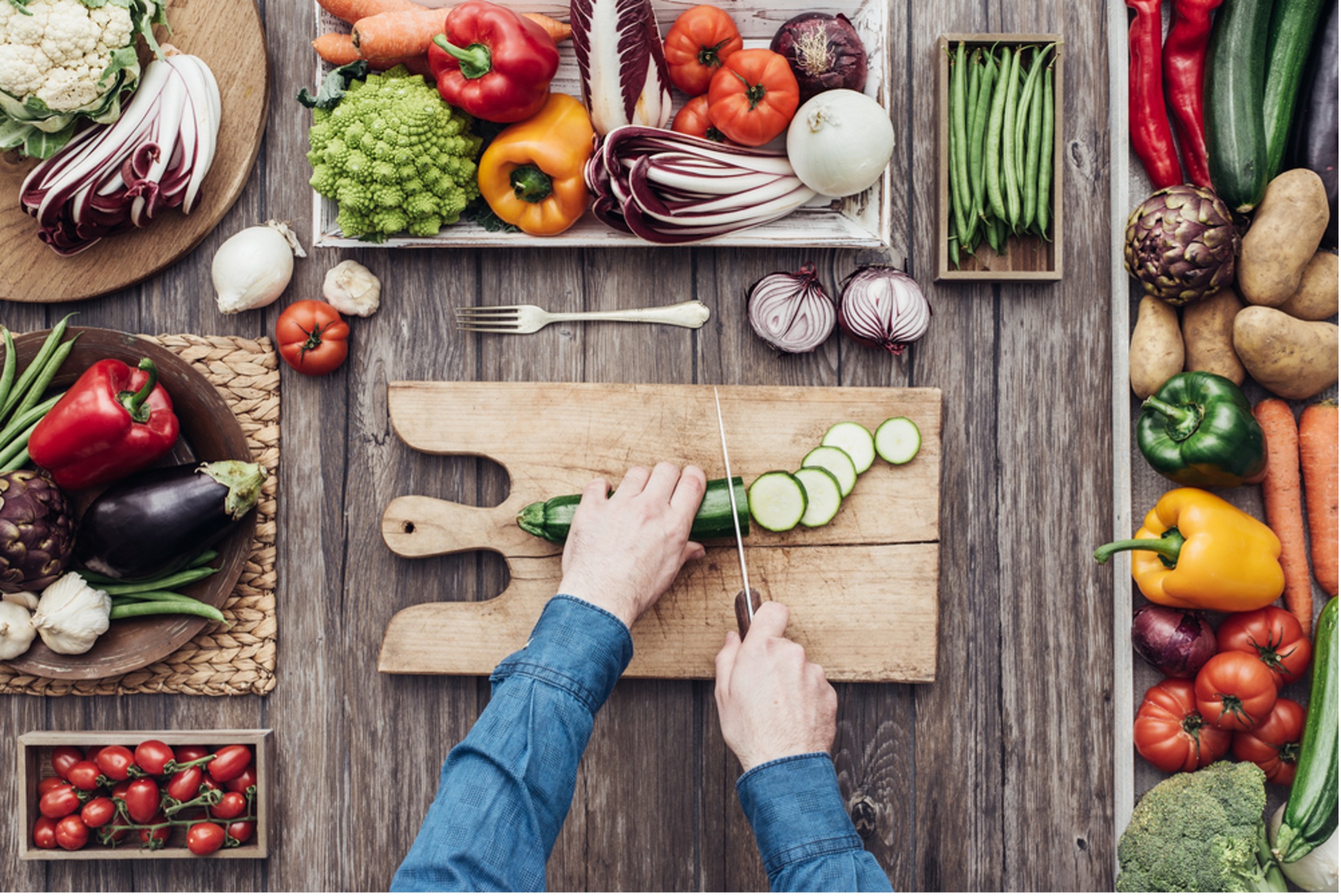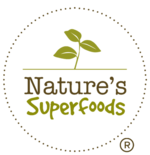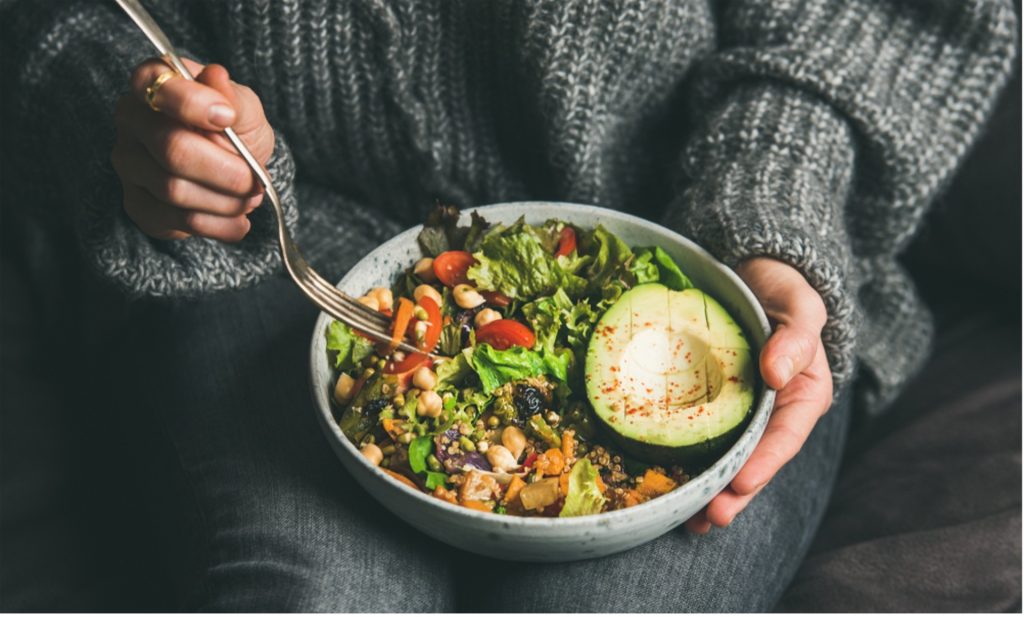-
No products in the cart.
The Rise of Veganism: Superfoods That Will Power Your Vegan Lifestyle

From the famed keto diet to the Paleo diet, there is one diet that has gained mainstream attention in recent years, and that is the vegan diet. Also known as the plant-based diet, veganism is a lifestyle choice endorsed by many celebrities. With some jumping on it to promote weight loss and others due to health or ethical reasons, the vegan community is expanding rapidly. Even in a local context, 1 out of every 20 Singaporeans is either vegan or vegetarian. As these numbers continue to spike, supermarkets and health food stores also stay on-trend, dedicating an entire vegan section just for plant-based foods! But why the sudden influx of interest? With the increasing awareness of health consequences and environmental impacts associated with eating animal products, this demand for vegan food seems fathomable.
Veganism vs Vegetarianism
Before we dive into the benefits of veganism, it is pivotal to understand the difference between veganism and vegetarianism. As much as these two diets seem similar, one distinctive factor is enough to give veganism a competitive edge – the absolute prohibition of all animal products. The vegan lifestyle involves abstinence from animal products, as well as their by-products. This means, unlike vegetarianism that allows you to eat cheese, eggs, gelatine, and milk, veganism does not.
The Benefits of Veganism
We’re constantly encouraged to eat more fruits and vegetables. But even on the food pyramid or the My Healthy Plate diagram by the Health Promotion Board, servings of “meat and alternatives” are required in a healthy diet. Since veganism has restrictions placed on these sources of protein, what are the benefits of eliminating everything “animal-related” from your diet?
1. Richer in Certain Nutrients
Compared to animal-derived foods, a wholefood vegan diet, in general, is richer in nutrients such as fibre, antioxidants, vitamins, minerals, and beneficial plant compounds. However, since nutrient intake and dietary quality vary for every individual, it is important to plan out your vegan diet to attain all the vital nutrients. This is because a poorly planned one can be deficient in calcium, iron, and vitamin B12.
2. Can Support Weight Loss
In a 2013 study conducted by those under doctoral training at Loma Linda University, they found that individuals on a plant-based diet had a significantly lower BMI, waist circumference, and fat mass than omnivores. This result could be linked to the fact that a plant-based diet is rich in fibre, which is key for weight loss. Since fruits and vegetables are lower in calories and have higher fibre content, vegans thus feel fuller faster and longer despite consuming lesser calories. Hence in the long run, this diet can support weight loss.
3. Lowers the Risk of Chronic Diseases
Did you know that a plant-based diet keeps Diabetes at bay? From Diabetes to cancers, vegan diets are known to help individuals maintain optimal health. Various studies have also shown that consuming a primarily plant-based is associated with a reduced risk of chronic diseases, such as ischaemic heart disease. Moreover, processed meats or animal products that have been cooked at high temperatures, are often linked to promoting certain types of cancers like breast cancer.
List of Vegan Superfoods
Despite the bountiful benefits of veganism, there are common concerns revolving around this diet. But they’re not anything a well-balanced diet cannot solve. Those on a vegan diet must make sure they consume sufficient iron, zinc, vitamin D, calcium and omega-3 fatty acids. Therefore, they’ll have to incorporate foods that are rich in these nutrients so that they benefit from the diet and not suffer from drawbacks. A list of foods to incorporate include:
1. Calcium
Important in building and maintaining your bones, you can get your dose of calcium from soy foods, beans, nuts, and seaweed. Even seeds like organic chia seeds provide more than 15% of the recommended daily intake (RDI) of calcium with just 2 tablespoons!
2. Omega-3
Necessary for brain health, omega-3 fatty acids can be found in beans, lentils, flaxseeds and organic cold-pressed chia seed oil, amongst others.
3. Vitamin B12
Numerous studies point towards the risk of B12 deficiency when on a vegan diet. However, getting the minuscule amounts of 1.5 micrograms daily is easy with whole-food supplements like nutritional yeast. An excellent source of high-quality protein, vitamins, and minerals, a quarter cup of nutritional yeast contains about 17.6 micrograms of B12. What’s more, is that it contains all nine essential amino acids, 30-180% of the RDI for a full range of B vitamins, and about 30% of the RDI for trace minerals. Simply sprinkle a dash of nutritional yeast over pasta dishes, soups, or sauces, and this superfood will give your body a much-needed boost.
How to Go Vegan
If the idea of cutting out all animal products seems daunting, like every lifestyle habit, the key is to take small steps. Instead of going cold turkey and cutting everything out tomorrow, make tiny changes to transform your diet into a long-lasting lifestyle. Given that there are multiple online platforms like Nature’s Superfoods that make organic foods easily accessible in Singapore, going vegan might not be as arduous as some paint it out to be.



